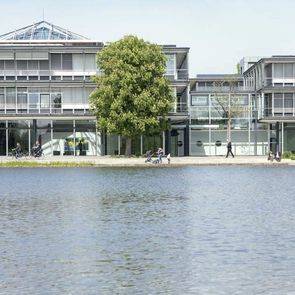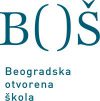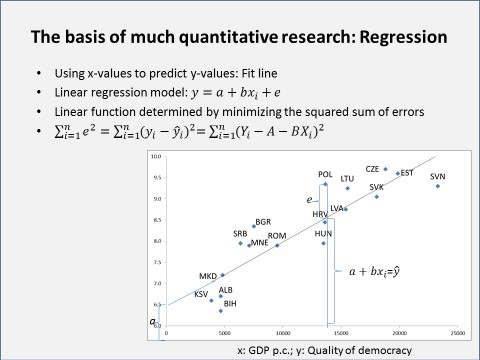My chapter in: SDG16 Data Initiative. Global Report 2020, New York, 32-37
The UN Member States have set ten specific targets for Sustainable Development Goal (SDG) 16 , the promotion of just, peaceful and inclusive societies. Of these targets, target 16.7 aims at ensuring “responsive, inclusive, participatory and representative decision-making at all levels”. Among the 17 SDGs and the 169 targets defined to achieve the Goals, target 16.7 may be viewed as a key target because it focuses on political decision-making, which is a crucial prerequisite for all of the desirable policy outcomes defined in SDG 16 and in the other SDGs. This chapter discusses the official indicators for monitoring target 16.7 and argues that the Global State of Democracy Indices – a set of democracy measures developed by the International Institute for Democracy and Electoral Assistance (International IDEA) – can function as valid proxy indicators.


 As a non-partisan and non-profit organization, BOS strengthens human resources, improves the work of public institutions and organisations, develops and advocates public policies in order to develop better society based on freedom, knowledge and innovation.
As a non-partisan and non-profit organization, BOS strengthens human resources, improves the work of public institutions and organisations, develops and advocates public policies in order to develop better society based on freedom, knowledge and innovation.